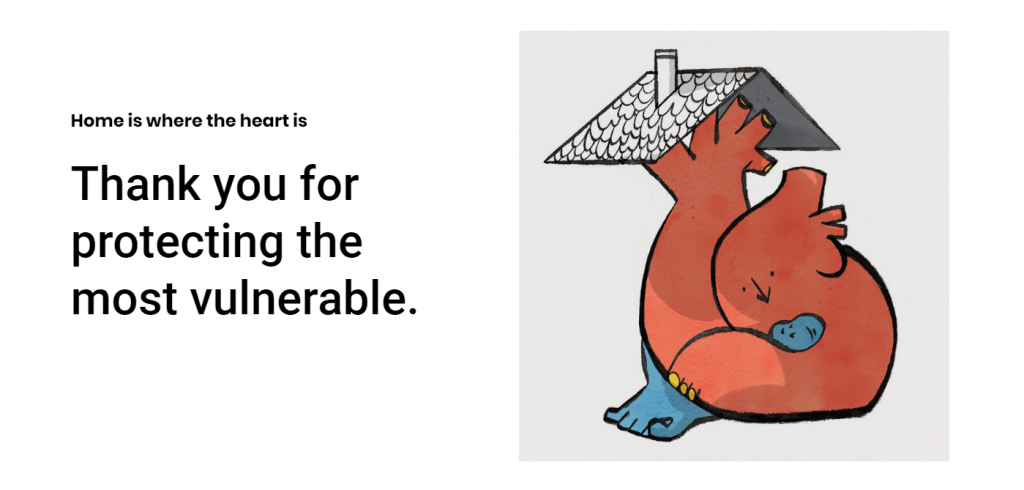News
Vulnerable fearful as shielding rules relaxed
26 June 2020
People who have had an organ transplant are right at the top of the list of those considered extremely vulnerable to the Coronavirus. However, the government has updated its advice for the vulnerable and changes come into effect in the next few weeks.
People who have had an organ transplant are right at the top of the list of those considered extremely vulnerable to the Coronavirus. For the extremely vulnerable, catching this virus would likely be a death sentence. The list of clinically vulnerable and extremely clinically vulnerable also includes many of those that would be waiting for a transplant, for example it mentions those who:
- have been told by a doctor they have a severe lung condition (such as cystic fibrosis, severe asthma or severe COPD)
- have heart disease (such as heart failure)
- have chronic kidney disease
- have liver disease
You can view the full list of those considered vulnerable on the NHS website.
The NHS has recommended that vulnerable people ‘shield’ themselves rather than just self-isolate. Shielding is a much stricter form of self-isolation and involved keeping a safe distance even from others in the same household. Those who are shielding are encouraged to stay at home, and opt to have groceries and medication delivered.
However, the government has updated its advice for the vulnerable and changes come into effect on the 6th of July and on the 1st of August. From the 6th of July:
- you may, if you wish, meet in a group of up to 6 people outdoors, including people from different households, while maintaining strict social distancing
- you no longer need to observe social distancing with other members of your household
- in line with the wider guidance for single adult households (either an adult living alone or with dependent children under 18) in the general population, you may from this date, if you wish, also form a ‘support bubble’ with one other household. All those in a support bubble will be able to spend time together inside each other’s homes, including overnight, without needing to socially distance
Then from the 1st of August:
- you can go to work, if you cannot work from home, as long as the business is COVID-safe
- children who are clinically extremely vulnerable can return to their education settings if they are eligible and in line with their peers. Where possible children should practise frequent hand washing and social distancing
- you can go outside to buy food, to places of worship and for exercise but you should maintain strict social distancing
- you should remain cautious as you are still at risk of severe illness if you catch coronavirus, so the advice is to stay at home where possible and, if you do go out, follow strict social distancing
You can read the full Government guidelines on shielding here. Government has said that the shielding scheme is being ‘paused’, implying it could be resumed if infections increase again.
For the vulnerable, these changes are very stressful. From the 1st if August statutory sick pay and free food boxes that have been provided by the government for shielding individuals will stop. This means many will have to return to work and face the increased risks of contracting COVID-19.
Some have shared their fears on Twitter:
The UK has officially been in lockdown for over 4 months now, and for the most part people have been good about self-isolating, which has helped to protect the vulnerable. Our Heart At Home campaign has been about thanking everyone for staying home. Find out more at heartathome.org
But people cannot self-isolate forever. Life has to carry on and we need to adjust to a ‘new normal’. But this new normal includes the risk of contracting coronavirus. It’s a scary thought for any of us, but much scarier for the vulnerable among us. We need to be considerate of others, maintain social distancing and wear masks to protect them.
Familiarise yourself with the advice for those who are high risk so that you can be aware and do your bit to keep them safe.

